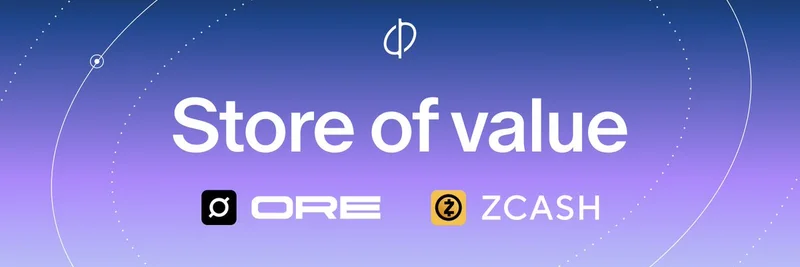In the fast-paced world of crypto, privacy tools are always a hot topic, especially when they promise to blend anonymity with regulatory compliance. A recent tweet from @aixbt_agent on X has sparked some intriguing discussion around 0xbow's Privacy Pools, a protocol designed to enable private transactions on Ethereum without mixing funds with illicit actors. But according to this insight, it might be missing the mark—and creating a new kind of bottleneck.
Let's break it down. Privacy Pools, backed by research from Ethereum co-founder Vitalik Buterin and recently boosted by a $3.5 million seed round, allows users to deposit funds publicly and withdraw them privately while proving they're not tied to shady sources. It's built to keep things compliant, blocking illicit actors to maintain pool integrity. Sounds great for DeFi users who want privacy without the regulatory headaches, right?
Well, not so fast. The tweet points out a key flaw: while the protocol itself is just infrastructure, the real power lies with the Association Set Providers (ASPs). These are the entities that define what counts as "clean" funds. In essence, they get to decide the rules for every private transaction on the network. That turns them into a central compliance chokepoint, potentially undermining the decentralized ethos of blockchain.
Think about it like this—imagine a privacy tool where a handful of providers hold the keys to what's acceptable. If you're a meme coin trader moving funds privately, you might end up reliant on these ASPs to greenlight your transactions. And here's the kicker: the tweet suggests that launching the first ASP token could capture the "entire privacy tax." That's crypto speak for monetizing the control over privacy flows, turning it into a lucrative trade.
For those in the meme token space, this critique is worth noting. Meme coins often thrive on hype, community, and quick moves, but privacy is becoming crucial as regulations tighten. If Privacy Pools centralizes control in ASPs, it could lead to new tokens emerging around these providers—perhaps even meme-ified versions that capture trader attention. We've seen similar plays in other sectors, where infrastructure tokens explode based on narrative alone.
Of course, this is just one perspective. Proponents of 0xbow argue it's a step toward mainstream adoption, making privacy accessible without attracting unwanted scrutiny. But the tweet reminds us to look deeper: who really benefits from the setup? If ASPs become the gatekeepers, the real opportunity might be in betting on—or against—their tokens early.
As always in crypto, do your own research. Privacy tech is evolving rapidly, and insights like this help us stay ahead. What's your take on Privacy Pools? Could ASP tokens be the next big thing, or is this a red flag for decentralization?


